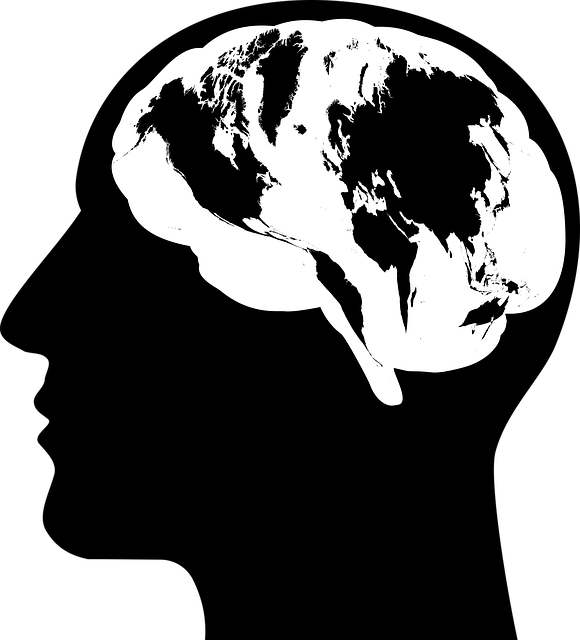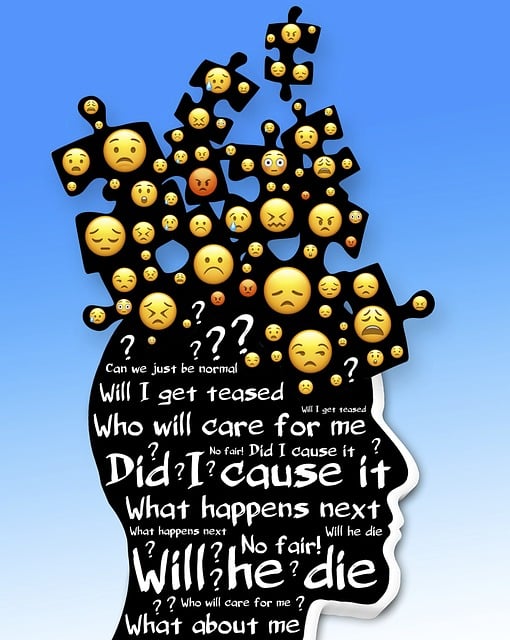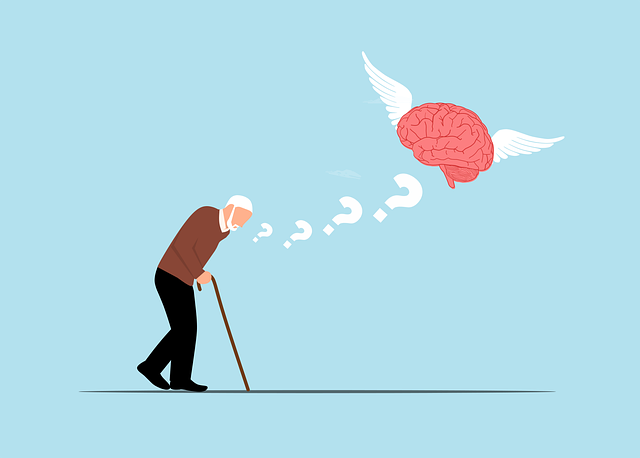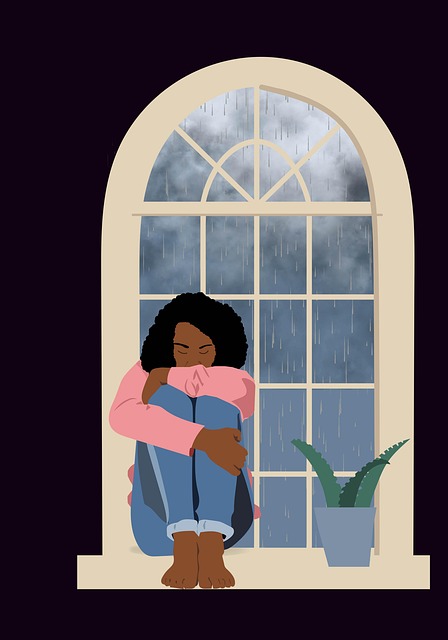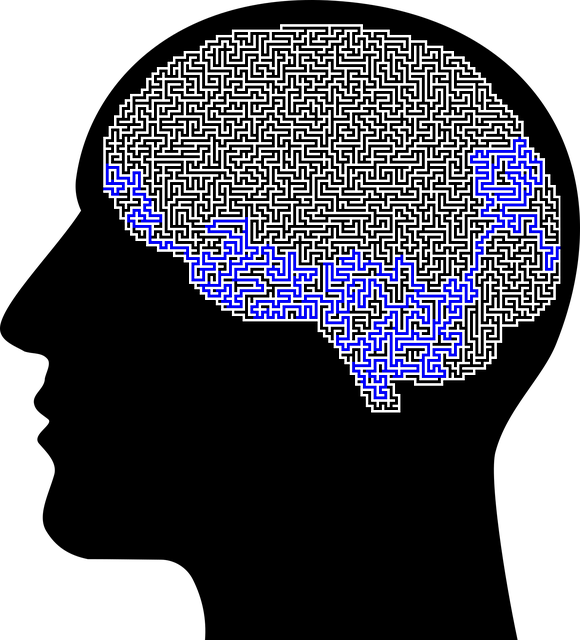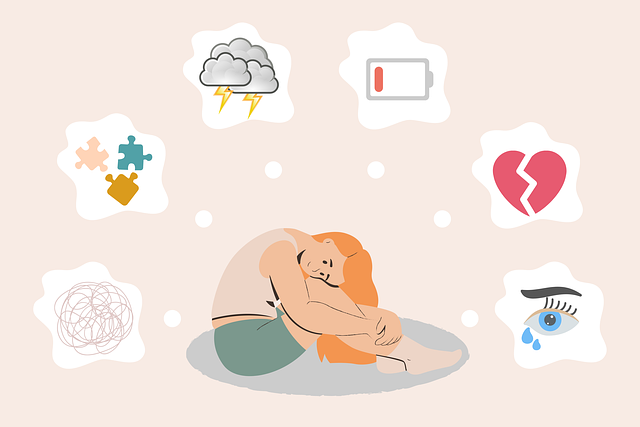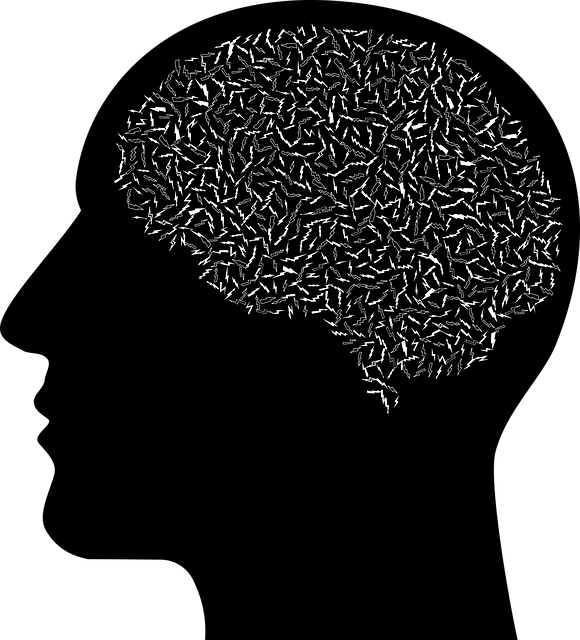Mental Health Crisis Hotlines provide 24/7 support and connect individuals with trained professionals for acute emotional distress, including conditions like Boulder Obsessive Compulsive Disorder (OCD). These hotlines educate the community about mental health resources, reduce stigma, and offer interventions to empower individuals during crises, potentially preventing severe outcomes. Staffed by specialists in crisis intervention, they use de-escalation techniques and cultural sensitivity to provide essential care. Boulder's Resource Network offers personalized Boulder OCD Therapy, focusing on self-awareness, confidence building, and mood management, utilizing various therapeutic approaches for long-term recovery and improved quality of life.
In times of mental health crisis, immediate support is paramount. Mental health crisis hotline services play a vital role in offering solace and guidance to those in distress. This article delves into the importance of these hotlines, exploring their function as a lifeline for immediate assistance. We uncover the training behind crisis intervention and highlight Boulder’s resource network, specializing in OCD therapy—a beacon of hope for those facing such challenges.
- Understanding Mental Health Crisis Hotlines: A Lifeline for Immediate Support
- Who Answers These Calls? Training and Expertise in Crisis Intervention
- Boulder's Resource Network: OCD Therapy and Beyond
Understanding Mental Health Crisis Hotlines: A Lifeline for Immediate Support

Mental Health Crisis Hotlines serve as a critical lifeline for individuals experiencing acute emotional distress or a sudden onset of mental health symptoms. These 24/7 services provide immediate support, offering a safe space to express concerns and connect with trained professionals who can offer guidance and resources tailored to their unique needs. Whether it’s managing panic attacks, coping with traumatic events, or seeking help for conditions like Boulder Obsessive Compulsive Disorder Therapy, hotlines ensure that no one faces mental health challenges alone.
Hotlines play a vital role in Mental Health Education Programs Design by raising awareness about available resources and reducing the stigma associated with seeking help. They also facilitate Community Outreach Program Implementation, acting as a bridge between those in need and local support systems. Through simple yet powerful interventions, these hotlines empower individuals to take control of their mental well-being during crises, potentially preventing more severe outcomes and fostering long-term resilience.
Who Answers These Calls? Training and Expertise in Crisis Intervention

When individuals reach out to mental health crisis hotline support services, they often wonder who is on the other end of the line. The answer is a trained professional equipped to handle such situations. These are not just anyone but specialists in crisis intervention, many of whom have extensive experience in various fields like psychology, social work, or counseling. They undergo rigorous training to manage acute mental health crises effectively. This includes learning techniques for de-escalation and emotional support, which are crucial when dealing with individuals suffering from conditions such as Boulder Obsessive Compulsive Disorder (OCD).
The trainers emphasize not just clinical knowledge but also essential skills like cultural sensitivity in mental healthcare practice. Understanding diverse backgrounds is vital to ensuring that every caller receives appropriate care. Moreover, these professionals develop inner strength and resilience, enabling them to handle high-pressure situations while maintaining a calm and composed demeanor, which is key in effective crisis intervention. They are the frontline heroes who can make a significant difference in someone’s life during their most vulnerable moments.
Boulder's Resource Network: OCD Therapy and Beyond

Boulder’s Resource Network offers a dedicated support system for individuals facing mental health challenges, with a particular focus on OCD therapy and related issues. This network recognizes that Boulder Obsessive Compulsive Disorder Therapy goes beyond mere treatment; it involves comprehensive care to enhance self-awareness exercises, boost confidence, and manage moods effectively. Their services cater to the unique needs of each client, ensuring personalized attention in a safe, supportive environment.
Through various therapeutic approaches, the network aims to equip individuals with coping mechanisms tailored to their struggles. By addressing underlying causes, they promote long-term recovery and improved quality of life. Boulder’s Resource Network is more than just a crisis hotline; it’s a beacon of hope, providing resources and guidance to navigate through mental health crises and foster resilience.
Mental health crisis hotline support services play a crucial role in our community, offering immediate assistance and a safe space for individuals in distress. As demonstrated by Boulder’s Resource Network’s expertise in OCD therapy, these hotlines provide access to trained professionals who can offer critical intervention and guidance. By utilizing these resources, we can ensure that folks facing mental health crises receive the help they need, fostering a healthier and more supportive environment for all.


